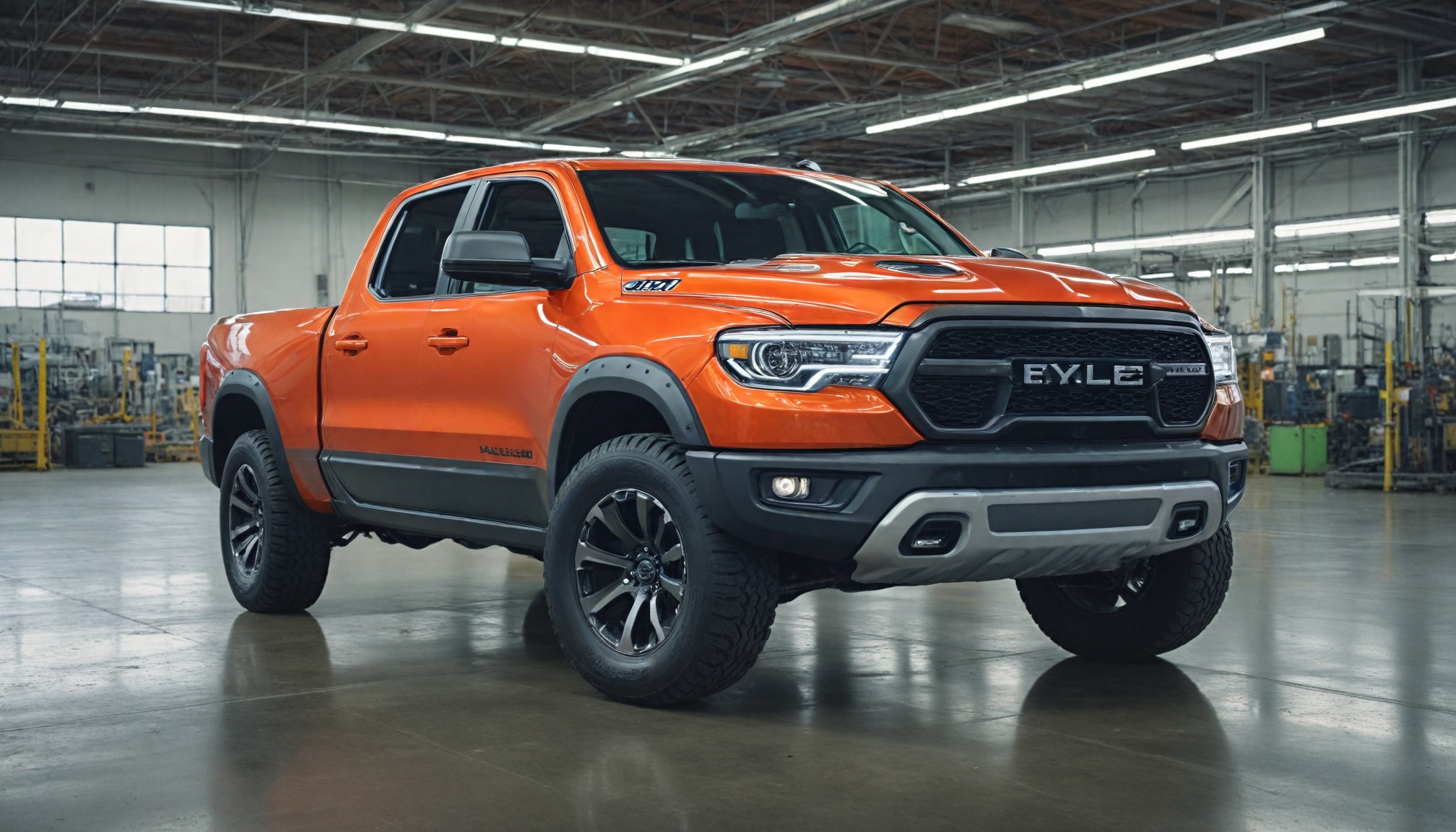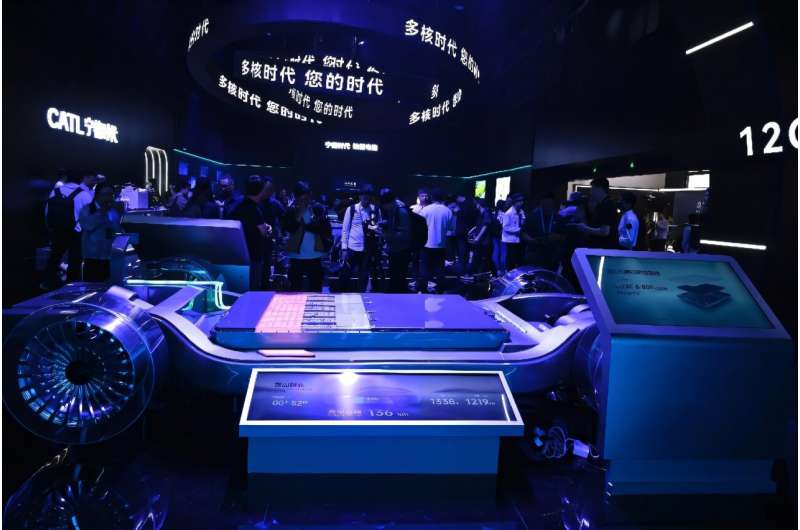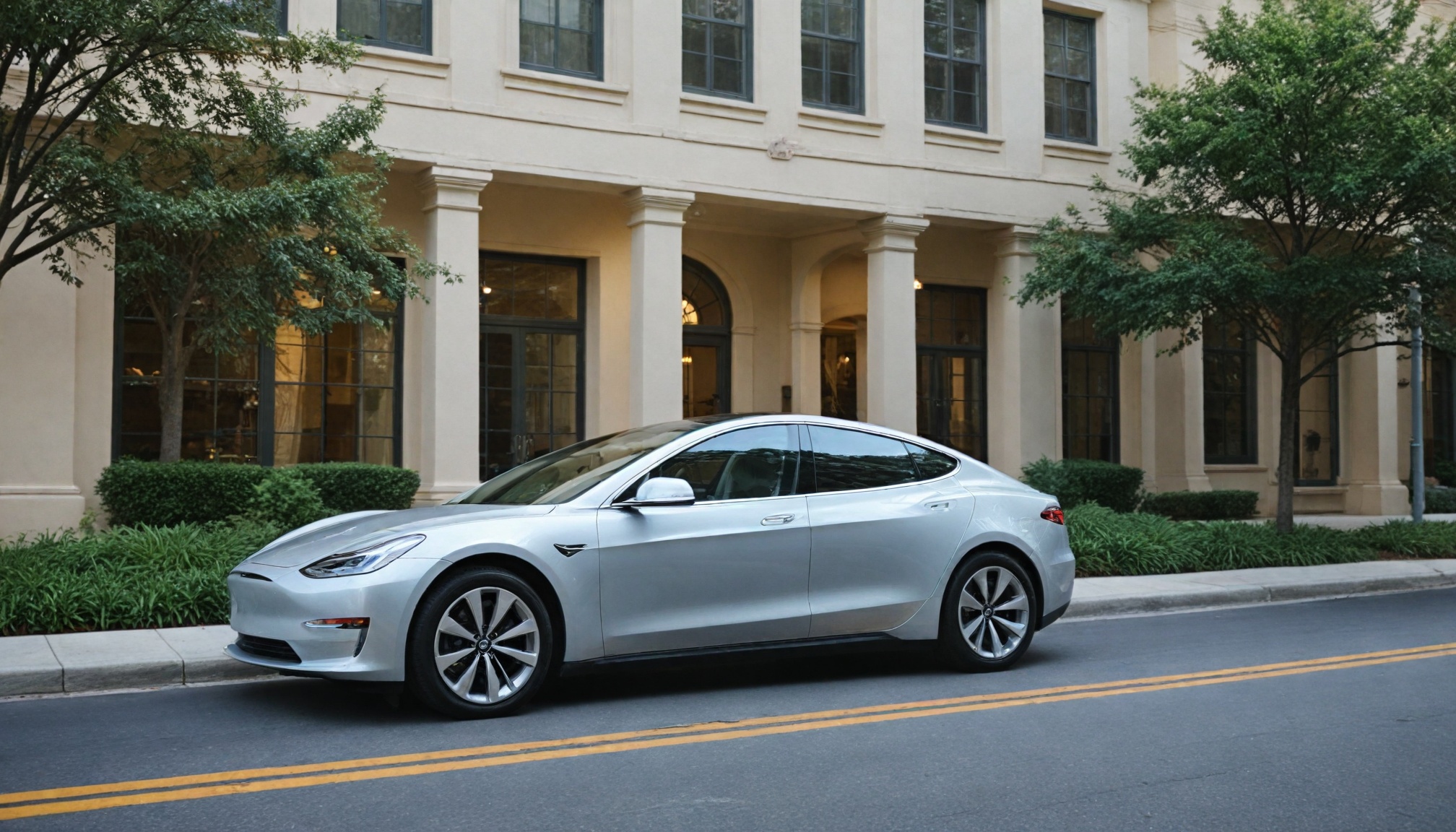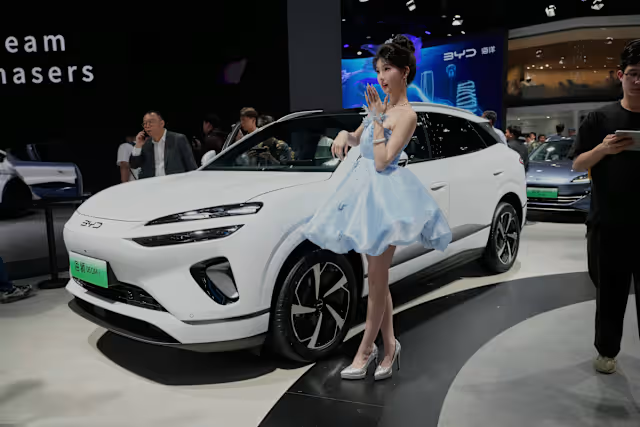
Stellantis cancels secret heavy-duty Ram EV truck, triggering a $25M supplier lawsuit that reveals financial risks in the evolving electric truck market.

Drivetech Partners
The electric truck market faces a significant setback as a previously undisclosed heavy-duty Ram EV pickup planned for 2027 has been quietly canceled by Stellantis. This cancellation has sparked a $25 million legal battle between automotive suppliers Valeo North America and American Axle & Manufacturing, revealing the financial risks suppliers face in the rapidly shifting electric vehicle landscape.
Key Takeaways
Stellantis quietly canceled plans for a 2027 heavy-duty electric Ram pickup, separate from the delayed Ram 1500 REV
Valeo is suing American Axle for $25 million in development costs after spending "tens of millions" on electric motors and inverters for the project
The truck would have featured innovative front and rear e-Beam axles with integrated 3-in-1 drive technology
This cancellation exposes the industry-wide uncertainty about heavy-duty electric truck viability
Ram has already pushed back production of the standard Ram REV 1500 from 2024 to 2026, prioritizing hybrid models instead
Ram's Secret Heavy-Duty EV Truck Project Revealed
A $25 million lawsuit has uncovered details of a previously unknown Ram electric vehicle that was under development until its recent cancellation. Stellantis had been quietly working on an all-electric heavy-duty Ram pickup truck targeted for the 2027 model year. Unlike the previously announced Ram 1500 REV, this project focused on the heavy-duty truck segment and would have represented a significant technological advancement for electric trucks.

The cancellation happened without public announcement in early 2024, reflecting Stellantis' changing strategy toward electric vehicles. This revelation is particularly notable as it shows the company was simultaneously developing multiple electric trucks while also pushing back the launch date of its flagship electric Ram 1500 REV from 2024 to 2026.
Supplier Lawsuit Exposes Financial Risks in EV Development
The details of this canceled truck emerged through a legal dispute between suppliers. Valeo North America filed a lawsuit in January 2024 against American Axle & Manufacturing (AAM) in Oakland County Circuit Court, Michigan, seeking $25 million in damages. According to court documents, Valeo claims they spent "tens of millions" developing specialized components for the project over a 13-month period between 2022 and 2024.

Valeo alleges they entered an "integrated, comprehensive agreement" with AAM in 2022 to design and manufacture electric motors, controllers, inverters, and software for the project. When the program was canceled, Valeo claims AAM refused to reimburse them for services rendered. American Axle's defense hinges on the claim that no enforceable contract existed between the suppliers. If not settled, this case could proceed to a jury trial in 2026.
Technical Specifications of the Canceled Electric Truck
The canceled heavy-duty Ram EV would have featured cutting-edge e-beam technology from American Axle & Manufacturing. This innovative design incorporated 3-in-1 e-Drive technology that integrated the motor, inverter, and gearbox into a single assembly. Both front and rear axles would have included this electric drive technology, potentially offering superior performance compared to current electric trucks.

Development work occurred over approximately 13 months before the project's cancellation. Despite this setback, American Axle remains the strategic driveline supplier for Ram trucks through 2030. The proposed heavy-duty electric truck would have represented a significant technological leap forward in the electric truck segment, particularly for work-focused applications.
Stellantis' Evolving Electric Vehicle Strategy
The cancellation of the heavy-duty electric Ram reflects broader changes in Stellantis' approach to electrification. The company has already pushed back production of the standard all-electric Ram REV 1500 from 2024 to 2026, while prioritizing the hybrid Ramcharger version ahead of schedule. This suggests a strategic shift toward hybrid technology as an intermediate step rather than jumping directly to fully electric models.
Former Stellantis CEO Carlos Tavares had previously announced work on a hydrogen fuel-cell heavy-duty propulsion system with Symbio, indicating the company was exploring multiple alternatives for zero-emission trucks. The current Stellantis leadership continues to pursue various propulsion systems including internal combustion, hybrid, and electric powertrains as the company deals with declining sales and economic challenges. Stellantis has declined to comment specifically on the heavy-duty EV truck cancellation.
Market Challenges Facing Electric Trucks
The cancellation highlights the significant hurdles facing electric trucks, particularly in the heavy-duty segment. Towing capacity remains a critical weakness for electric pickup trucks, with current models significantly outperformed by gas-powered alternatives on both range and towing capability. This performance gap becomes even more pronounced in the heavy-duty segment, where work capability is paramount.
Industry leaders have expressed doubts about the economic viability of large electric vehicles. Ford has stated that large electric vehicles won't turn a profit, while demand for existing electric pickups like the Ford F-150 Lightning and GM's Silverado and Sierra has been lackluster. For heavy-duty applications, hydrogen fuel cells may be considered more viable due to their quick refueling capabilities compared to the lengthy charging times required for large battery packs.
Financial Implications for Automotive Suppliers
This case highlights the significant financial risks suppliers bear during the industry's transition to electric vehicles. Valeo's $25 million lawsuit represents just a portion of their claimed "tens of millions" in development costs dedicated to this project. When automakers cancel vehicle programs, suppliers often face substantial financial losses for work already completed.
The dispute also exposes how supplier contracts may lack adequate protections against program cancellations. American Axle's position that no enforceable contract existed raises questions about standard industry practices between tier-1 and tier-2 suppliers in the automotive supply chain. As automakers continue to reassess their EV strategies, suppliers may need to negotiate stronger contractual protections to mitigate financial risk.
What This Reveals About the Future of Electric Trucks
The cancellation of Ram's heavy-duty electric truck suggests broader industry uncertainty about the viability of electric propulsion for work-focused vehicles. Ram's shifting priorities between full electric, hybrid, and possibly hydrogen solutions indicates the market direction remains unclear. Automakers appear to be recalibrating their expectations and timelines for electric truck adoption.
The revelation of this previously unknown truck program suggests other unrevealed EV projects may also be in jeopardy across the industry. The two-year delay of the Ram 1500 REV indicates a significant recalibration of EV timeline expectations. Rather than pursuing all-electric solutions for all vehicle segments, the industry may be moving toward a more diverse powertrain approach, with different technologies suited to different applications based on their specific requirements and use cases.
Sources:
Jalopnik - Ram Canceled Heavy-Duty EV Pickup Supplier Lawsuit
TFLtruck - Was There Supposed To Be A 2027 Ram HD Electric Pickup Truck?
CarBuzz - Canceled Electric Heavy-Duty Ram Pickup Brings Up A Lawsuit
Car-Revs-Daily - Cancelled Heavy-Duty Ram EV Leads To Legal Battle
Gagadget - Court Showdown Reveals A Stripped-Down Ram Electric Pickup Truck






